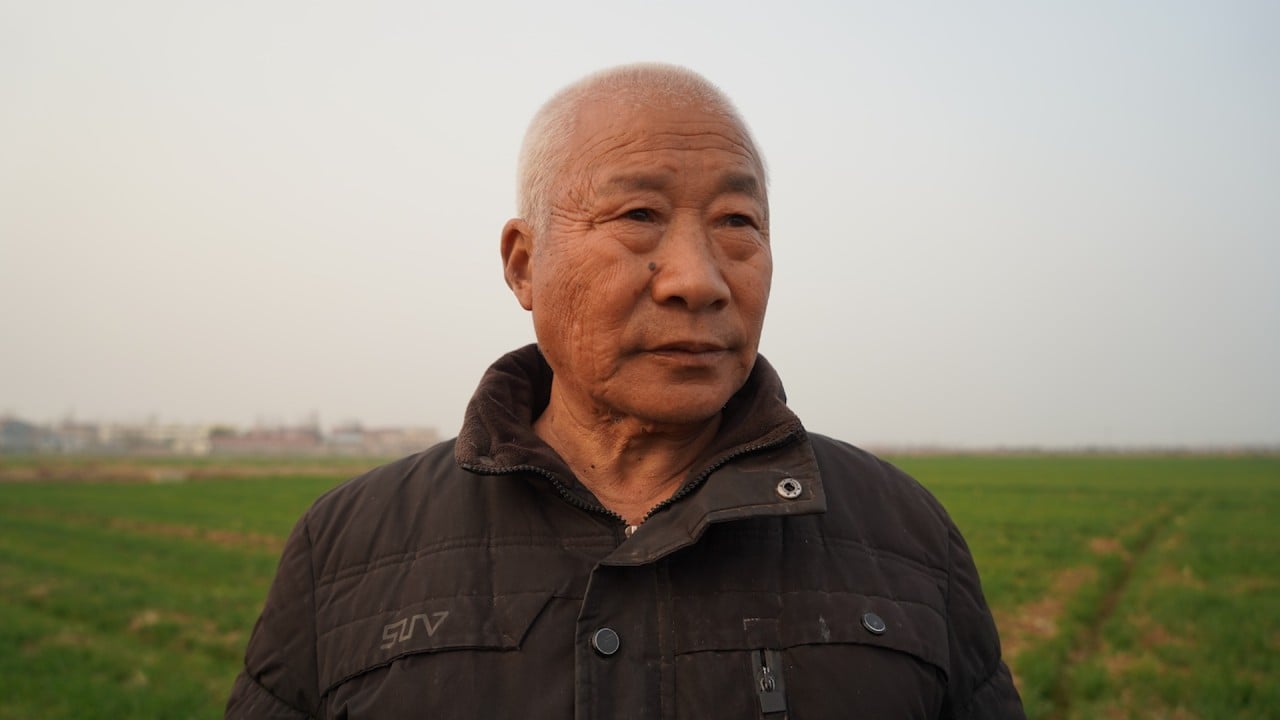
China food security: budget for grain reserves grows by 13.6 per cent amid self-sufficiency push
- Expenditure on grain reserves this year is projected to total nearly 132.9 billion yuan (US$19.2 billion), up from 113.6 billion yuan last year
- China aims to keep grain output above 650 million tonnes and ‘stabilise grain sowing acreage and ensure edible oil production’, says Premier Li Keqiang
China has pledged to boost the budget for its grain reserves this year as the government doubles down on food security amid global market uncertainty.
The central government will increase spending on reserves of grain, including oilseeds, by 13.6 per cent, according to a draft budget report released by the Ministry of Finance on Sunday.
Expenditure is projected to total nearly 132.9 billion yuan (US$19.2 billion) in 2023, up from 113.6 billion yuan last year.
Spending on food reserves ranged between 110 and 120 billion yuan from 2020-22, with the annual budget allocation increasing by under 2.3 per cent over the period.
“Increasing reserves is improving the government’s regulatory ability. It’s a measure to tackle all kinds of risks and uncertainties amid growing geopolitical tensions,” said Li Guoxiang, a researcher at the rural development institute under the Chinese Academy of Social Sciences.
5 major concerns for China’s food security
China aims to keep grain output above 650 million tonnes and “stabilise grain sowing acreage and ensure edible oil production”, he said at the opening ceremony of the National People’s Congress.
To guarantee supply and control price volatility, China operates a complicated grain reserve system, where a minimum amount of strategic agricultural commodities are required to be stockpiled at local and state-level depots.
Details about their operation and how much inventory they hold are considered state secrets.
More reserves will help tackle uncertainty in the global market, said professor Zheng Fengtian, from Renmin University’s School of Agricultural Economics and Rural Development.
“The US, as a major food supplier, is seeking to decouple from China, while its major allies, such as Canada and Australia, are also important grain producers,” he said, adding China has a huge population with a small amount of arable land per person.
After calling agriculture the foundation of a modern socialist power, President Xi Jinping on Sunday urged local officials not to shrink available farmland and instead improve its quality.
“We must ensure a steady and safe supply of grain and other important agricultural products,” he said at a meeting with NPC delegates from Jiangsu province.
It’s just like chips for computers. We’ve been relying on other people’s seeds for our food
Seed technology is essential to increasing grain output and reducing reliance on imports, said Zheng.
“It’s just like chips for computers. We’ve been relying on other people’s seeds for our food, and now they’re not giving you their latest developed seeds,” he said.
“What foreign breeders are selling to China is outdated seeds, so we have to be self-reliant.”
China has over 7,000 seed breeders, more than any other country in the world, but the combined annual R&D investment of Chinese seed-producing companies was only half that of German pharmaceutical and life sciences company Bayer, according to a report by the Economic Daily last year.


